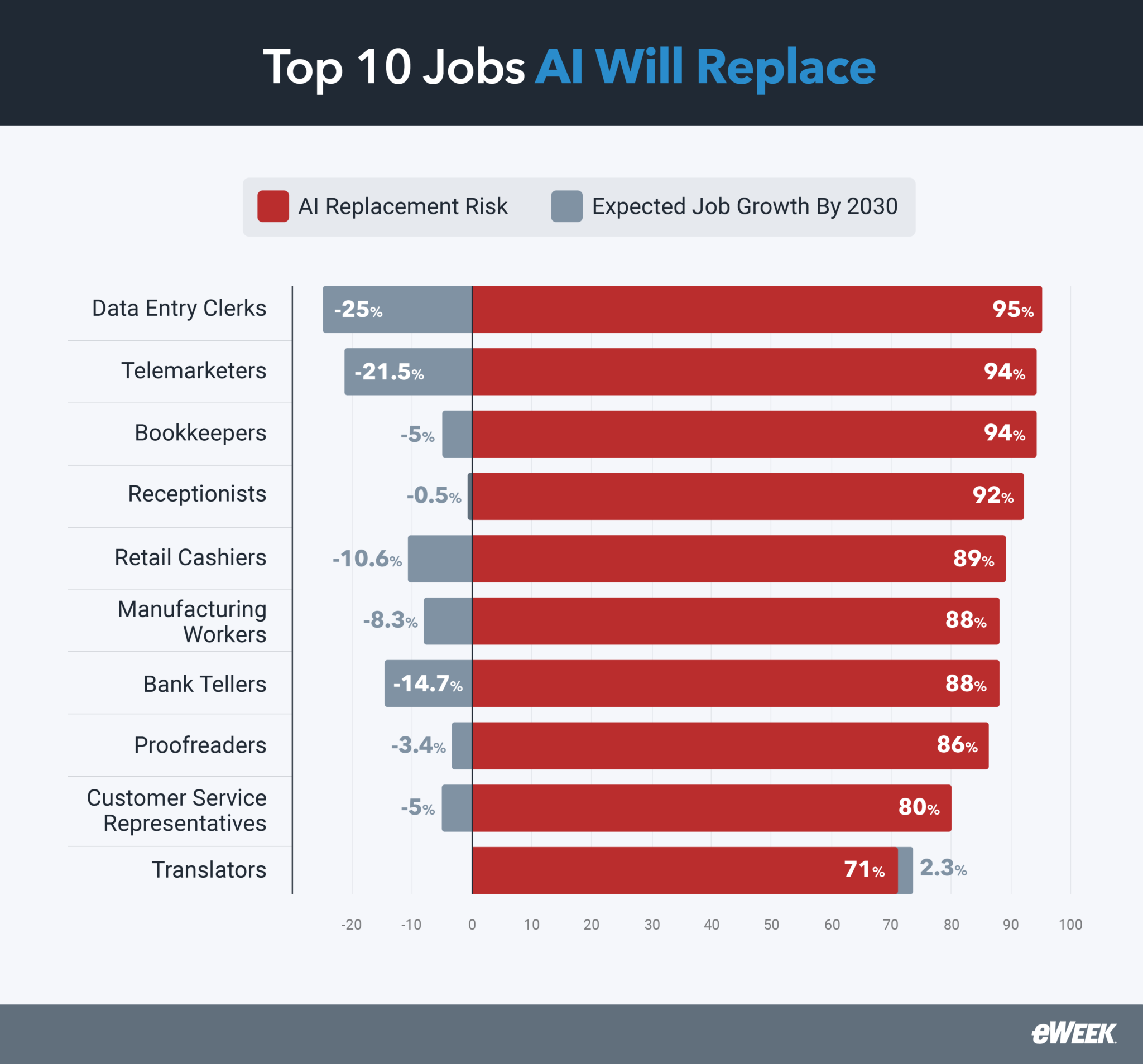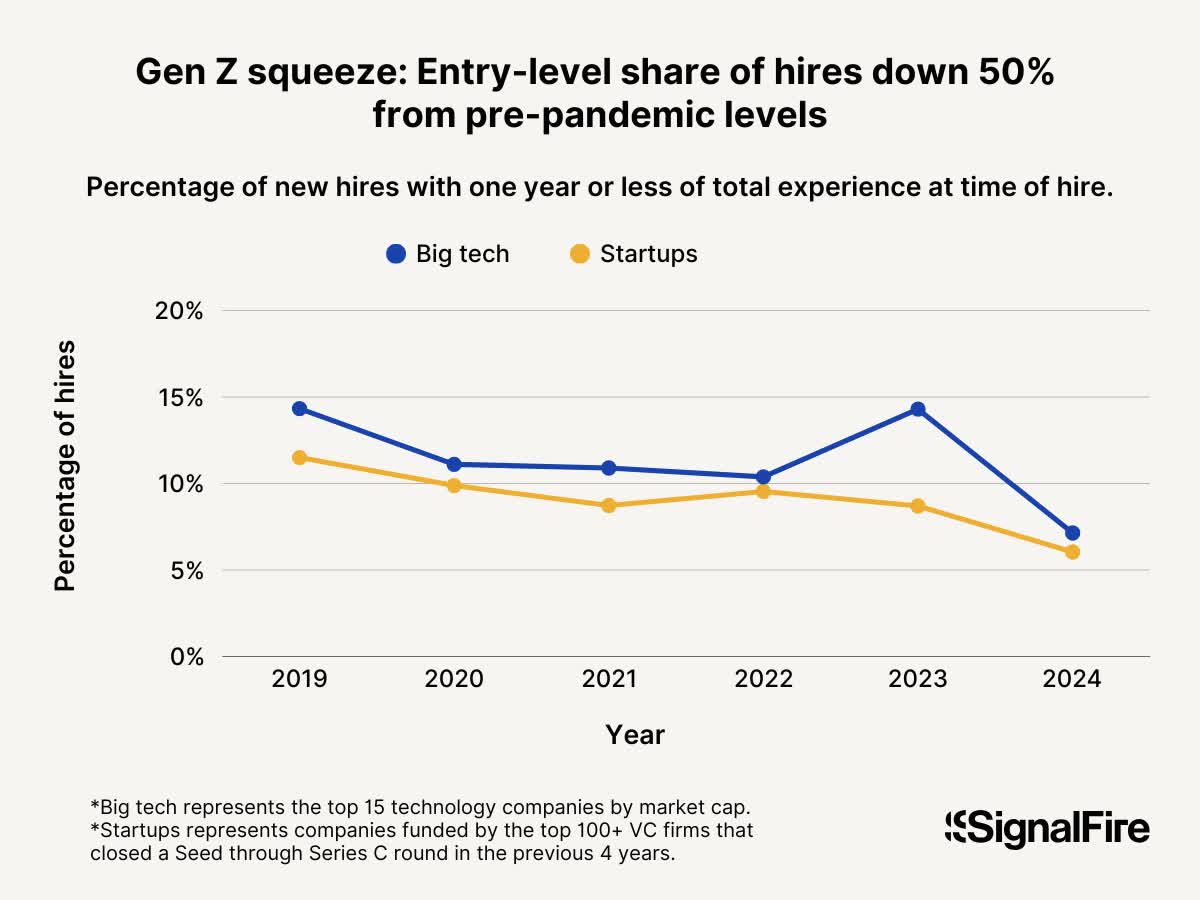What just happened? Another CEO has warned about the impact generative AI will have on white-collar jobs. Sebastian Siemiatkowski, CEO of buy now, pay later giant Klarna, said that the sheer volume of these workers being replaced will lead to a recession.
Siemiatkowski spoke about the impact of generative AI while appearing on The Times Tech podcast. "Many people in the tech industry, especially CEOs, tend to downplay the consequences of AI on jobs and white-collar jobs in particular. And I don't want to be one of them," he said.
The CEO added that this sort of impact on white-collar jobs "usually leads to at least a recession in the short term."
"Unfortunately, I don't see how we could avoid that, with what's happening from a technology perspective," he warned.
Siemiatkowski said that the fast-moving push to seemingly replace all humans with AIs isn't losing steam, and CEOs aren't thinking about the economic consequences.
"I feel like I have an email almost every day from some CEO of a tech or a large company that says we also see opportunities to become more efficient and we would like to compare notes. If I just take all of those emails and add up the amount of jobs in those emails, it's considerable."
Siemiatkowski said that there will be some jobs where humans will be protected. "The value of that human touch will increase," he said, adding that AI meant workers in client-facing roles will have to become more skilled. "They will provide a much higher quality type of service."
Few companies have embraced the AI revolution quite as much as Klarna. It began when Siemiatkowski reached out to OpenAI boss Sam Altman in 2023, telling him "I want Klarna to be your favorite guinea pig." The two firms have worked together ever since.
Siemiatkowski is also unafraid to be part of the problem he is warning about. He announced a freeze on hiring in December 2023 as Klarna looked to pursue AI alternatives to humans. He has also talked about cutting the company's workforce by almost half, from 3,800 to 2,000 – it had been around 5,000 in 2023 – thanks to AI, though Siemiatkowski framed this as "natural attrition." The CEO said those left will have to use AI to "do more with less."
Customer service chatbots have been one area that Klarna has been pursuing aggressively. In February 2024, Siemiatkowski said that AI chatbots were handling two-thirds of customer service conversations within the first month of their deployment and performing the equivalent work of 700 employees.
But in May, Siemiatkowski was likely doubting his previous statement that AI can perform "all of the jobs" that humans do after Klarna started hiring humans again. The reason? The AI chatbots that had replaced them were offering a "lower quality" output. He also noted that many customers want the option of speaking to a human if the need arises.
Siemiatkowski isn't the only CEO to sound the warning bell on AI job losses recently. Dario Amodei, CEO of AI firm Anthropic, last month said that AI could wipe out about half of all entry-level white-collar jobs in the next five years, leading to unemployment spikes up to 20%.


